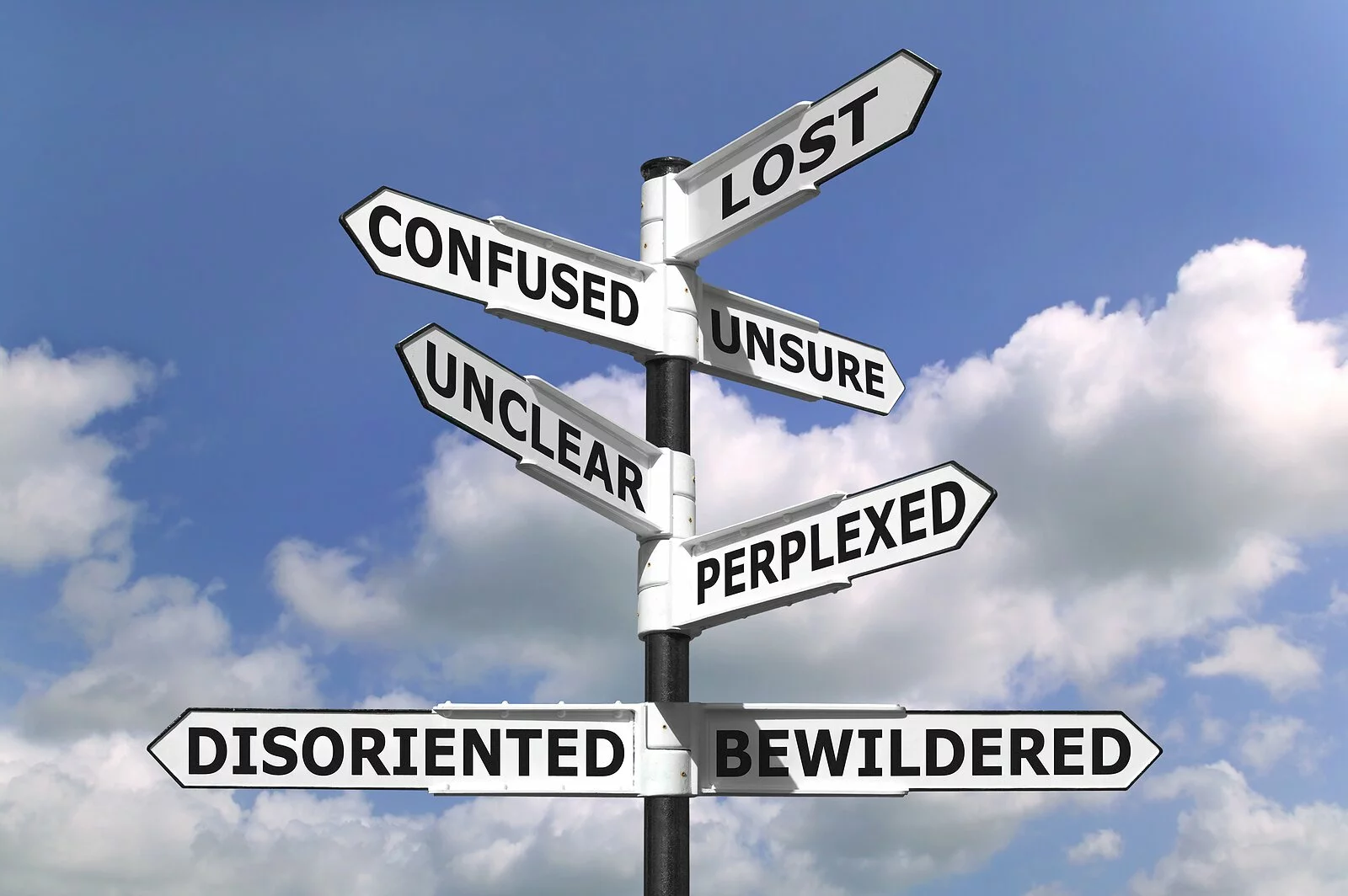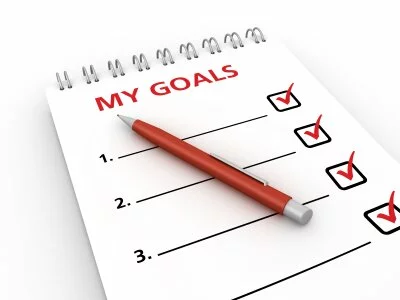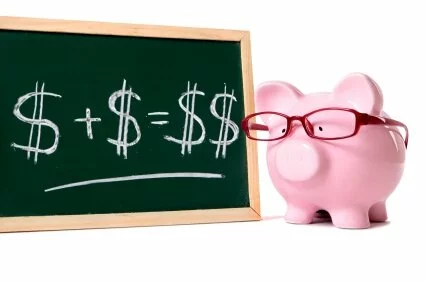Welcome to Journey to Millions!
In my very first article, Learning My Way To Millions: The Quick and Easy Way To Master the ABCs of Personal Finance, I have revealed to you a sure fire way to discover how any ordinary man can turn himself to a millionaire (without the risk of being scammed and losing any more money).
In the same article, I have also promised to share with you the top 5 personal finance books I have read and loved.
It’s time for me to fulfill my promise.
So, in this article, I will be outlining the titles of my favorite personal finance books and their respective authors.
Not only that, I will also add a few more details on how these personal finance books made me fall inlove with them (not fall asleep with them).
Honestly, I tried reading other personal finance books but I can’t really finish them. They were such a drag. I keep dozing off. Fortunately, there are these books that can really keep you hooked, you wouldn’t want to end the night without finishing them.
But before you scroll down and read what these magical personal finance books are, let me just give you the top three reasons why I have so much respect for these books.
Reason No. 1: Credibility. As I have said in my previous article, these best selling personal finance books have already proven their worth. They are written by publicly acclaimed authors that spend their entire lives learning and teaching people how to become wealthy. You don’t have to do the guess work on their credibility. Other people have already done it for you. They have already rated these books as reliable sources of information on personal finance, information that have been carefully reviewed, revised or edited for your benefit.
Reason No. 2: Readability. These books are so easy to read and understand. You don’t have to have an MBA to appreciate its contents. The authors really wanted to reach out to you and me, the newbies in personal finance, so they chose the language that we are most comfortable of using: plain English.
Reason No. 3: Balance. These best selling personal finance books give you the big picture of what a solid financial foundation is. They make you cover all your bases first and make you sleep sound at night, knowing that you have both a plan for your immediate needs and your future needs. They leave no stone unturned, touching every important aspect of earning, keeping, and growing your wealth.
Now that you know what got me hooked in reading these gems, allow me to introduce you to the Top 5 Personal Finance Books I Have Read and Loved (in no particular order).
Personal Finance Book No. 1:
PSYCH YOURSELF RICH
Get the Mindset and Discipline You Need To Build Your Financial Life
by Farnoosh Torabi
“Rich is, in addition to security, the quality and value of our possessions, friends and relationships.”
-Farnoosh Torabi
In this book, you’ll learn a great deal about you and your relationship with money. Farnoosh explained how our “emotions play an enormous role when managing personal finances.” Specifically, she will reintroduce you to the concept of behavioral finance and how you could accept your weaknesses and capitalize on your strengths to make building and maintaining wealth as hassle free and as organized as possible!
What I Loved Best About This Book: Farnoosh’s summary of the ten most critical bases you need to secure to achieve peace of mind, gain control over your money, and keep your lifestyle in check. Namely, they are:
- Sufficient Earnings. “You need to make money. How much? At the bare minimum, enough to cover your necessities from food to housing, transportation, heat, clothing, and medical insurance.”
- Savings. Farnoosh suggests that you save “until you have at least six months to nine months of savings tucked away in case of an unexpected setback like a job loss.”
- Retirement Savings. “Like rainy-day savings, automatically investing a fraction of your earnings into these accounts helps add to your financial security.”
- Milestone Savings. Farnoosh suggests that you save for your short-term goals (like your house, wedding, child, or business) in advance, little by little.
- Debt Elimination. “Rich people don’t have debt.”
- Sufficient Insurance. “From health to disability to home and life, you’re not secure unless you have proper insurance.”
- Home Equity. “Home equity has helped make a lot of people wealthy and simultaneously many people very poor over the past five years.”
- Defined Financial Responsibilities in Your Relationship. “Having open communication in your relationship as it pertains to your financial obligations and goals is one base you can’t afford not to cover.”
- Money That Works. “Good work is when money earns you annual average returns of more than 5%, 6%, 7%, and higher from working in stocks and mutual funds.”
- Charitable Giving. “Having an awareness of what you have and what others have not keeps you grounded, appreciative, and respectful.”
Personal Finance Book No. 2:
I WILL TEACH YOU TO BE RICH
No Guilt. No Excuses. No B.S. Just a 6-Week Program That Works.
by Ramit Sethi
“Anyone can be rich—it’s just a question of what rich means to you.”
-Ramit Sethi
This book will shock you in so many ways and so many times that you literally can’t put it down. It’s so detailed and so comprehensive that you feel like you’ve just been from a week-long seminar with a stand up comedian after reading it. Ramit’s humor and brutal honesty is so heart-breaking and inspiring all at the same time. You’d want to read it over and over again to make sure that you’re in the right track. Ramit covers practical ways of choosing the best credit card companies, banks, investments, houses, cars, and more; definitely, he’ll make your financial literacy shoot up in a heartbeat!What I Loved Best About This Book: Ramit is very particular when it comes to saving money, but not with small purchases but the big ones, like a home and a car. Check out his very own list of what makes a good car:
- Reliability. Ramit wants you to buy a car that “would not breakdown” and says that he is personally willing to “pay slightly more” for a reliable car.
- A Car You Love. What’s the point of driving a car you don’t like?
- Resale Value. You can buy Toyotas and Hondas, as they are said to retain their value more than other brands.
- Insurance. An auto insurance is a must. You should get one with the best price and best coverage.
- Fuel Efficiency. Ramit suggests buying a “very fuel efficient, or even a hybrid, car.”
- The Down Payment. “If you don’t have much cash to put down, a used car is more attractive…”
- Interest Rate. Good credit scores mean lower interest rates. Nonetheless, Ramit strongly suggests that you negotiate, negotiate, negotiate like an Indian do (or even walk out if you have to).
Personal Finance Book No. 3:
WOMEN & MONEY
Owning the Power to Control Your Destiny
by Suze Orman
Look at the woman in the mirror, say her name, and make a pledge to take care of her with your whole heart and soul. She deserves your commitment most of all.
-Suze Orman
This book deserves to be read by every woman in the planet! Suze Orman specifically designed this book to empower women from all walks of life. Her aim in writing the book is to help women face their financial challenges head-on and to transform women from financial weaklings to financial super powers! (Oh, how I love her idea!) So, if you are a woman like me or have a woman you dearly love, you and your loved one better fasten your seat belts and take a good ride with Suze’s “The Save Yourself Plan” which’ll show you step-by-step, detail-by-detail, how you ought to be taking charge of your finances from the ground up!
What I Loved Best About This Book: In month four of Suze’s The Save Yourself Plan, she talked about creating a revocable living trust and a pour-over will, something that Farnoosh and Ramit didn’t mention in their books. So, I can’t thank her enough for explaining just how these two important documents work together to protect our assets and our loved ones. She says, “Of all the must-have documents, a revocable living trust is the most powerful, for, if set up correctly, it can take care of everything for you, both while you are alive and after your death.”
Personal Finance Book No. 4:
THE AUTOMATIC MILLIONAIRE
Put Your Financial Life On Auto Pilot and Finish Rich
by David Bach
You don’t get rich in days; you get rich in decades by creating a system that makes it so that you literally can’t fail.
-David Bach
This book greatly emphasizes the power of money by introducing the very famous Latte Factor. David makes you realize how much of your hard-earned money goes to waste; making you understand how better off you can be if you only make the right choices in spending your money. Unlike Ramit who focuses on saving on big purchases, David suggests you to identify where you unconsciously put your money and redirect those little expenses (that add up through time) into financial vehicles that would make you financially free.
What I Loved Best About This Book: Most of us ask, “How much money do I really have to save?” David Bach answers our concern with this simple but straight to the point saving scheme:
If you want to be Dead Broke:
Don’t “pay yourself first” anything.
If you want to be Poor:
Spend everything you make, no matter how much money you make.
If you want to be in the Middle Class:
“Pay yourself first” 5 to 10% of your gross income.
If you want to be Upper-Middle Class:
“Pay yourself first” 10 to 15% of your gross income.
If you want to be Rich:
“Pay yourself first” 15 to 20% of your gross income.
If you want to be Super Rich super fast:
“Pay yourself first” at least 20% of your gross income.
Personal Finance Book No. 5:
THE MILLIONAIRE NEXT DOOR
The Surprising Secrets of America’s Wealthy
by Thomas J. Stanley and William D. Danko
Those who are wealthy work at staying financially fit. But those who are not financially fit do little to change their status.
-Thomas J. Stanley and William D. Danko
The authors of this book have wowed me again and again for their interest and dedication to knowing what makes the rich rich. Just like them, who wouldn’t want to know how America’s millionaires think, feel, and do? Don’t you wonder what jobs or businesses millionaires are in? Or don’t you wonder what cars, watches, and clothes they buy? Of course you do! We all do! Thomas and William will surely bust the myths surrounding the good life of the wealthy and open your eyes to the core principles of building and maintaining wealth.
What I Loved Best About This Book: In the course of their investigation, Thomas and William discovered “seven common denominators among those who successfully built their wealth.” They are:
- They live well below their means.
- They allocate their time, energy, and money efficiently, in ways conducive to building wealth.
- They believe that financial independence is more important than displaying high social status.
- Their parents did not provide economic outpatient care.
- Their adult children are economically self-sufficient.
- They are proficient in targeting market opportunities.
- They chose the right occupation.
Now that you’ve uncovered the top 5 personal finance books I’ve read and loved, I’d like you to take a second and review if you have already read any one of them in the past.
What ideas from these books did you love best? Leave a comment below and wow us with your realizations.
Also, do you know anyone who will find this topic just as interesting as you? Take a second and share it with them. They might be looking for worthwhile reads and find this post helpful.
Again, welcome to my Journey to Millions. This could be your journey too.
Until my next post.
Love,
Edel
If you enjoyed reading this article, get email updates (it’s free).
Book image taken from Shutterstock






 Edel is a Filipino Personal Finance Advocate, a work-at-home wife and a graduate of the University of the Philippines.
Edel is a Filipino Personal Finance Advocate, a work-at-home wife and a graduate of the University of the Philippines. Elvin is a loving husband, an MS Excel Guru and the one who enjoys lurking at the comment section to answer readers' questions.
Elvin is a loving husband, an MS Excel Guru and the one who enjoys lurking at the comment section to answer readers' questions.
{ 11 comments… read them below or add one }
I haven’t read the Suze Orman book, but I’ve read the other 4. Ramit’s book is great for young people just starting out and trying to figure out what to do with their money. The Millionaire Next Door was a bit dry but I enjoyed it because it shows that not all millionaires live flashy lifestyles and that many are hidden among us.
Hi, Mike! Thank you for sharing your thoughts. Regarding The Millionaire Next Door, I agree with you. Compared to the other books, it’s a bit dry but it really changed how Elvin and I think about “the rich.” We realized how distorted our image of them is. How I wish everybody would know about the truth behind living a rich life.
One of my favorite books is Save Money at the Grocery Store with America’s Cheapest Family. They have 17 ways to reduce your grocery spending, which was very helpful to me.
Hi Mrs. 500, thanks for dropping by and suggesting your one of your favorite books. We haven’t read that book yet. By the way, who’s the author of that book?
Hi Edel & Elvin. This is a nice collection. I saw some of them in Powerbooks but I ignored. Hehe. I’ll check them out next time.
By the way, why no Rich Dad Poor Dad?
Also, If you’ll allow me to add. My most favorite finance book is 8 Habits of the Happy Millionaire by Bo Sanchez. I like how he writes his calls to action specially in the budgeting part. Very Filipino too.
Hi, Carlo! Thanks for dropping by.
You know what, we love Rich Dad Poor Dad too! We just find these five books more meaty (detailed) compared to it. But Kiyosaki’s books are also very inspiring and worth reading.
And yes, we also enjoy reading Bro Bo’s books like you do! 😉 The very first personal finance book we’ve ever read was Bro Bo’s “8 Secrets of the Truly Rich.” It changed our lives! From that moment on, we promised to read all of his personal finance books forever! Haha!
Hey thanks for sharing your reviews and recommendations. 😉
It is already in my book list for next shopping.
You’re welcome FrugalExpat. It is our pleasure to share books that we loved reading. There will be more personal finance book reviews to come.
How about you, what are your favorite personal finance books? Do you have any recommendations?
By the way, enjoy your shopping!
Hi,
I can’t find free downloadable file of this books.. can i just borrow yours
Thanks much.
Are all of these books available here in the Philippines?
Hi, Mark!
Not all books are available here in the Philippines.
{ 2 trackbacks }